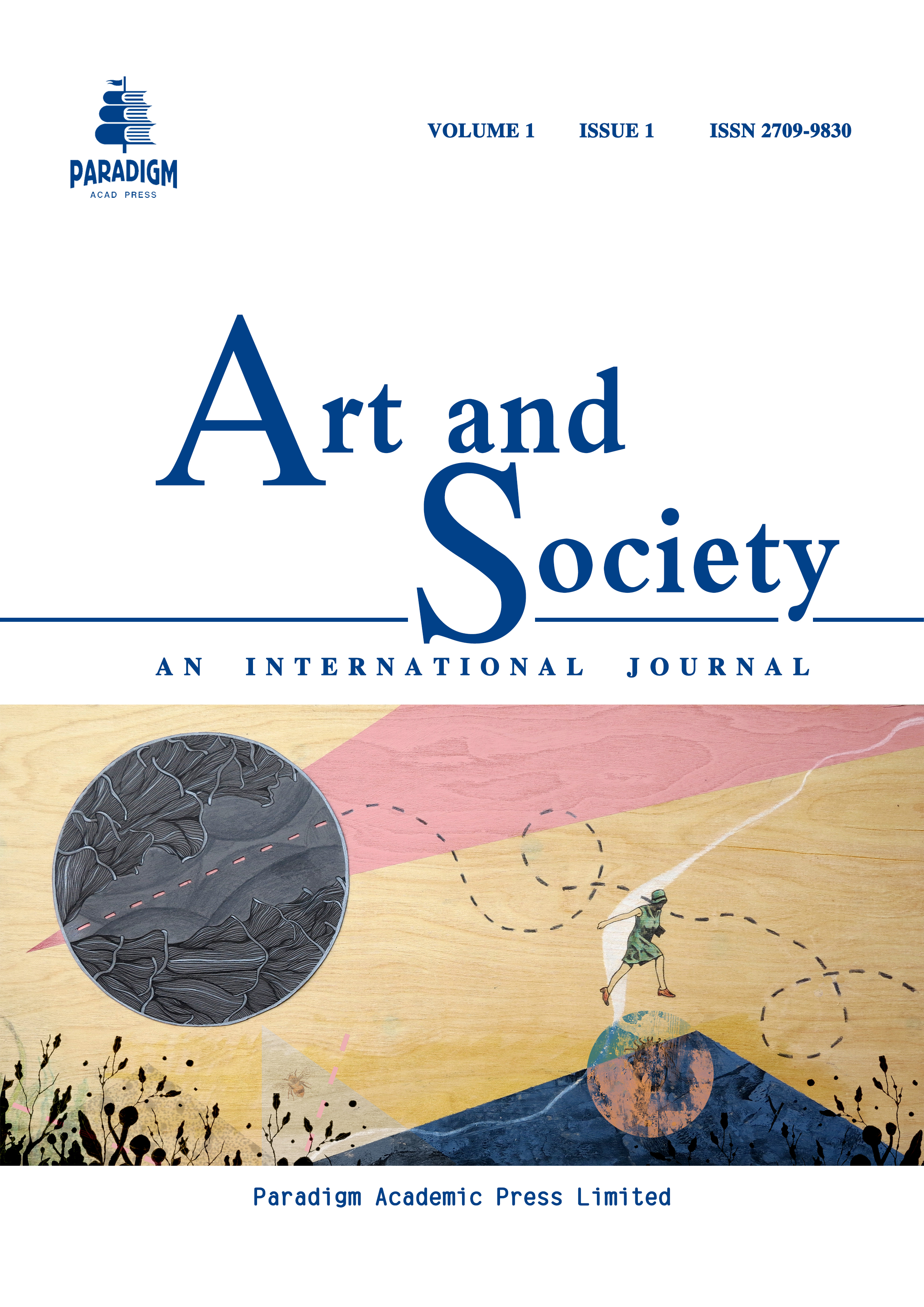Symbolism and Psychological Depth in Fyodor Dostoevsky’s Crime and Punishment and Its Influence on Modern Literature
Keywords:
Fyodor Dostoevsky, Crime and Punishment, symbolism, psychological depth, Rodion Raskolnikov, existentialismAbstract
This paper delves into the intricate layers of symbolism and psychological depth in Fyodor Dostoevsky’s seminal work, Crime and Punishment. By unraveling the complex psyche of the protagonist, Raskolnikov, the study explores the novel’s exploration of existential dilemmas, moral ambiguity, and the quest for redemption. The analysis further extends to the symbolic elements embedded within the narrative, such as the pervasive use of crosses, blood imagery, and the urban landscape of St. Petersburg, which collectively enhance the novel’s exploration of human suffering and alienation. Additionally, the paper examines the profound influence of Dostoevsky’s themes and narrative techniques on modern literature, tracing echoes of Raskolnikov’s psychological turmoil in characters and narratives of subsequent literary movements, including existentialism and modernism. Through a detailed investigation of these elements, the study aims to underscore the enduring relevance of Crime and Punishment in the contemporary literary landscape and its pivotal role in shaping the trajectory of modern literature.



